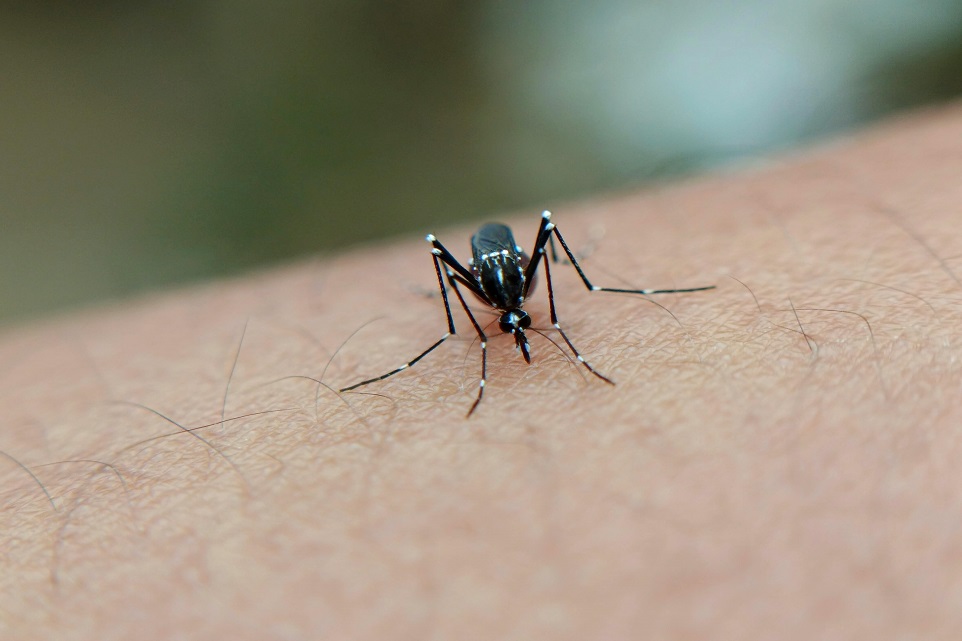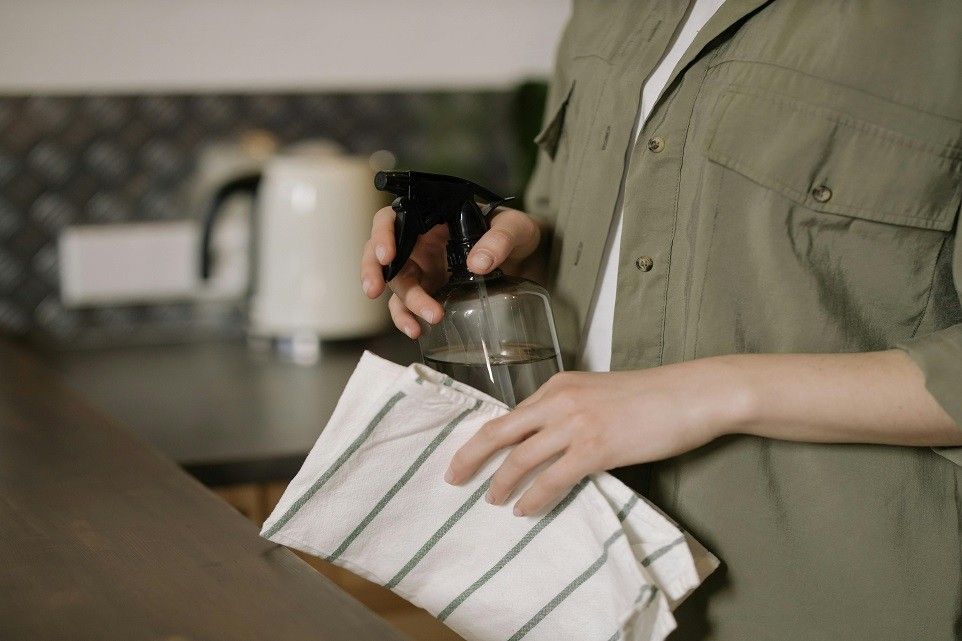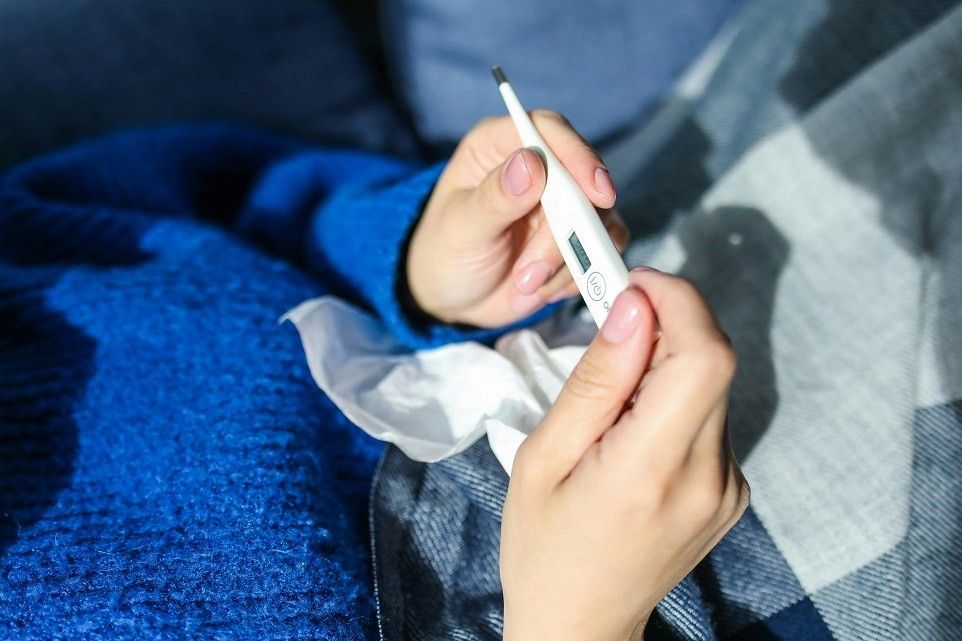How to Pest-Proof Your Home Before the Mid-Year School Holidays

In Singapore, the mid-year school break is a season for families to bond, enjoy staycations, and relax. However, it’s also when pests such as ants, cockroaches, mosquitoes, and rodents are more active due to the warm and humid climate.
If you plan to spend more time at home with your kids or host visitors, unwanted pests are the last thing you need. That’s why it’s critical to make your home pest-resistant ahead of the holidays.
This article provides easy and effective strategies to help you pest-proof your home in Singapore before the mid-year break, ensuring your family stays safe and your living space remains pest-free.
The Importance of Pest-Proofing Before the School Break
With children inside more often, there is usually a lot of food being prepared and increased foot traffic, which leads to many crumbs that can lure pests.
Many families also take short trips or vacations during the holidays, leaving their homes empty. If pests are not kept at bay, you might return to find unwanted visitors in your kitchen or storage areas.
Not only are pest infestations uncomfortable, but they also bring serious health risks, particularly for young children. Cockroaches can carry harmful bacteria, mosquitoes can spread dengue fever, and rodents can taint your food.
Being proactive with pest control in Singapore isn’t just wise—it’s necessary.
Easy Steps for Pest-Proofing Your Home
Here’s how to effectively prepare your home against pests before the school holidays:
1. Seal Entry Points
Pests often find their way into homes through small cracks, holes, and gaps around doors, windows, and pipes. Here’s how to stop them:
- Check window screens for rips and fix or replace them.
- Use weather stripping around doors and windows to seal gaps.
- Fill cracks in walls and along baseboards with silicone caulk.
- Attach door sweeps to outside doors.
This step is vital for blocking ants, cockroaches, and mice from getting inside.
2. Keep Your Kitchen Clean
The kitchen tends to attract pests, especially cockroaches, ants, and rodents.
Here are some tips:
- Store food in containers that are airtight.
- Clean up crumbs and spills right away, particularly near appliances.
- Take out trash daily and keep bins clean.
- Wipe countertops and sweep the floor every night.
Keeping your kitchen tidy is an easy yet effective way to keep pests away.
3. Declutter and Organise Storage Spaces
Pests such as termites, rodents, and cockroaches thrive in clutter. So, make sure to:
- Clear out storerooms, garages, and other unused areas.
- Avoid stacking newspapers, cardboard boxes, or other unwanted items.
- Use sealed plastic bins instead of cardboard for storage.
Pro Tip: If you haven’t needed something in over a year, it’s a good idea to get rid of it.
4. Look for Standing Water
Stagnant water is a breeding spot for mosquitoes, especially in Singapore’s wet climate. Dengue remains a major concern, particularly during the hotter months.
Be sure to check and remove water from:
- Plant pot saucers
- Pet bowls
- Bathroom floors
- Drains and gutters
If your area is affected by dengue outbreaks, consider adding mosquito screens or utilising mosquito fogging.
5. Safeguard Your Food Supply from Pests
During school breaks, snacking tends to increase, which attracts pests. Take a few minutes to:
- Store snacks in sealed containers or cupboards.
- Use airtight bins for pet food.
- Avoid leaving fruits or veggies out on the counter for too long.
Improperly stored food can lead to a rapid pantry pest infestation.
6. Maintain Clean Outdoor Spaces
If you have outdoor areas like a balcony, garden, or patio, it’s important to make them less appealing to pests:
- Trim back any overgrown plants and clear away dead leaves.
- Don’t leave pet food or water dishes outside during the night.
- Dispose of garden waste properly.
- Ensure trash cans are secured and positioned away from entrances.
Keeping outdoor areas tidy helps protect your indoor space.
7. Book a Professional Pest Inspection
If you’ve faced pest problems in the past, it’s wise to hire professionals for a detailed inspection and treatment. A certified pest control expert can:
- Locate hidden nests and points of entry.
- Suggest solutions tailored to your specific pest issues.
- Offer preventive measures to ensure your home stays safe during the holidays.
Common Household Pests to Watch Out For
Understanding the most common pests in Singapore can help you stay one step ahead.
| Pest | Risks | Common Signs |
| Ants | Contaminate food, build nests indoors | Trails along walls and countertops |
| Cockroaches | Spread bacteria, cause allergies | Droppings, egg casings, musty odour |
| Mosquitoes | Spread dengue, Zika | Buzzing sounds, bites, larvae in water |
| Rodents | Damage wiring, contaminate food | Droppings, gnaw marks, scratching sounds |
| Termites | Structural damage | Mud tubes, hollow wood, swarming insects |
Each pest poses unique challenges and requires specific strategies to manage.
Keep Your Holidays Happy and Pest-Free
A little effort now can save you from a lot of stress later. The mid-year school holidays should be about fun, family, and relaxation, not fighting off cockroaches or worrying about mosquito bites.
Whether you’re staying home or heading out of town, following this guide will help ensure your home stays clean, safe, and pest-free throughout the break.
Frequently Asked Questions (FAQs)
Mosquito Season in Singapore: 7 Ways to Keep Your Family Safe from Dengue

Introduction: The Increased Mosquito Activity This Season
In Singapore, the warm tropical climate brings many benefits year-round, but it also means we face the challenge of seasonal pests. The Aedes mosquito, known for transmitting dengue fever, is one of the most troublesome and harmful insects.
From May to October, the number of mosquitoes rises sharply because of the Southwest Monsoon, which leads to heavy rains and more standing water, creating perfect breeding conditions. During this time, the National Environment Agency (NEA) frequently issues warnings about dengue, urging people to remain aware.
Families, particularly those living in crowded areas like HDB flats and condos, become more vulnerable to dengue as case numbers rise in these months. Now is the time to take active steps to protect yourself and your loved ones.
1. Eliminate Standing Water Around Your Home
Standing water is the primary cause of mosquito breeding in Singapore. Aedes mosquitoes can reproduce in tiny amounts of water, as little as a puddle the size of a 20-cent coin. To get rid of breeding areas, make sure to:
- Clean out flowerpot bases
- Change pet water bowls each day
- Store buckets and pails upside down
- Empty water from dish drying trays
- Maintain gully traps and roof gutters
- Regularly clear air-conditioner trays
- Follow the 5-step Mozzie Wipeout, a routine integrated by the NEA to keep homes mosquito-free.
Pro Tip: Conduct a weekly inspection of your home, especially after heavy rainfall.
2. Apply Mosquito Repellents Indoors and Outdoors
Both chemical and natural repellents offer strong protection against mosquito bites. Whenever you’re inside or outside, be sure to apply repellent to exposed skin, particularly on your arms, legs, and ankles.
Select repellents that are:
- Approved by the NEA
- Formulated with DEET (10-30%), picaridin, or IR3535
- Safe for children and infants (look for safety labels).
For your home, think about using plug-in repellents or diffusers with essential oils like citronella, lemongrass, or eucalyptus, which naturally deter mosquitoes.
3. Install Mosquito Screens on Your Windows and Doors
Preventing mosquitoes from entering is easier than trying to catch them. Mesh screens can block out mosquitoes while allowing fresh air in, which is perfect for the humid climate in Singapore.
Make sure to:
- Use fine mesh that covers all windows and doors
- Install screens with magnetic or Velcro attachments for easy maintenance
- Consider screens for ventilation grilles and air vents
Bonus Tip: Include door sweeps to seal small gaps at the bottom of your doors.
4. Utilise Mosquito Traps and Electric Zappers
Modern mosquito traps function well both indoors and outdoors. They attract mosquitoes by imitating body heat or emitting CO₂, effectively capturing them.
You can consider using:
- UV light traps in bedrooms and living areas
- CO₂ traps in gardens or patios
- Electric zappers for quick removal
Remember to regularly empty and clean the traps to avoid turning them into new breeding grounds.
5. Use Protective Gear
The heat in Singapore may encourage you to wear shorts and sleeveless tops, but this increases the risk of mosquito bites. To stay safe:
- Choose long-sleeved shirts and long pants.
- Select light-coloured clothing since mosquitoes tend to go for darker shades.
- Consider using mosquito patches or wristbands for added safety.
This advice is crucial when you are in parks, green areas, or construction sites where mosquitoes breed frequently.
6. Plan for Regular Fogging and Larvicide Applications
Controlling mosquito swarms can be difficult alone, particularly if your area has previously seen dengue outbreaks. Hiring professional pest control can provide reliable, long-lasting solutions like:
- Thermal fogging to eliminate adult mosquitoes.
- Applying Ultra-Low Volume (ULV) mist for specific indoor and outdoor areas.
- Using larvicide treatments to kill larvae in stagnant bodies of water.
At Conquer Pest, we employ NEA-approved methods that offer safety for families, pets, and the environment. We customise our mosquito control services for various property types, including HDBs, condos, landed homes, and commercial spaces.
7. Keep Updated with NEA Dengue Cluster Information
The NEA Dengue Alert Map shows where active dengue clusters are located in Singapore. Areas are colour-coded according to their risk level and are updated frequently.
If you reside near a red or yellow zone:
- Limit outdoor activities during dawn and dusk.
- Apply repellents and wear protective clothing more often.
- Notify your neighbourhood management to arrange for fogging.
Staying updated helps you take preventive measures before a larger outbreak occurs.
Why Is Preventing Dengue So Crucial?
Dengue fever is not just a mild illness; it can lead to:
- High fevers.
- Intense headaches and joint pain.
- Skin rashes.
- In severe cases, it may result in dengue haemorrhagic fever or dengue shock syndrome, which can be life-threatening.
With no specific treatment available, the best way to protect yourself is through prevention. Children, seniors, and those with weakened immune systems face greater risks of serious complications.
Additionally, dealing with dengue can result in:
- Medical expenses.
- Loss of income due to missed workdays.
- The chance of spreading the illness to friends or family.
How Conquer Pest Can Assist You This Mosquito Season
At Conquer Pest, we recognise the serious threats from mosquito infestations and the importance of ongoing protection. Our thorough mosquito control services are carried out by skilled and certified technicians. Our treatments are safe for your family and pets, and we provide flexible options for monthly, bi-monthly, or one-time services. With a quick response time of less than 24 hours, we are dedicated to helping you tackle current mosquito issues and prevent future dengue outbreaks effectively.




